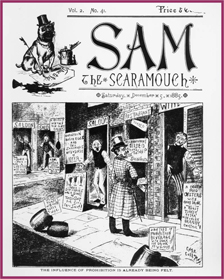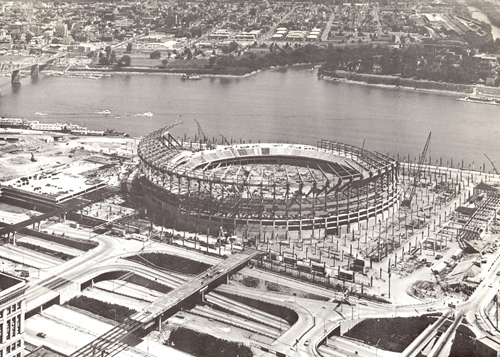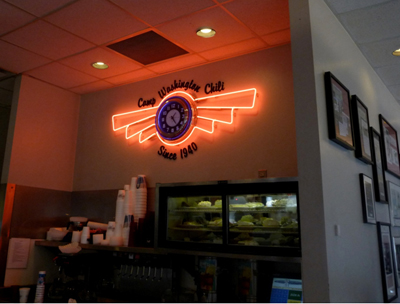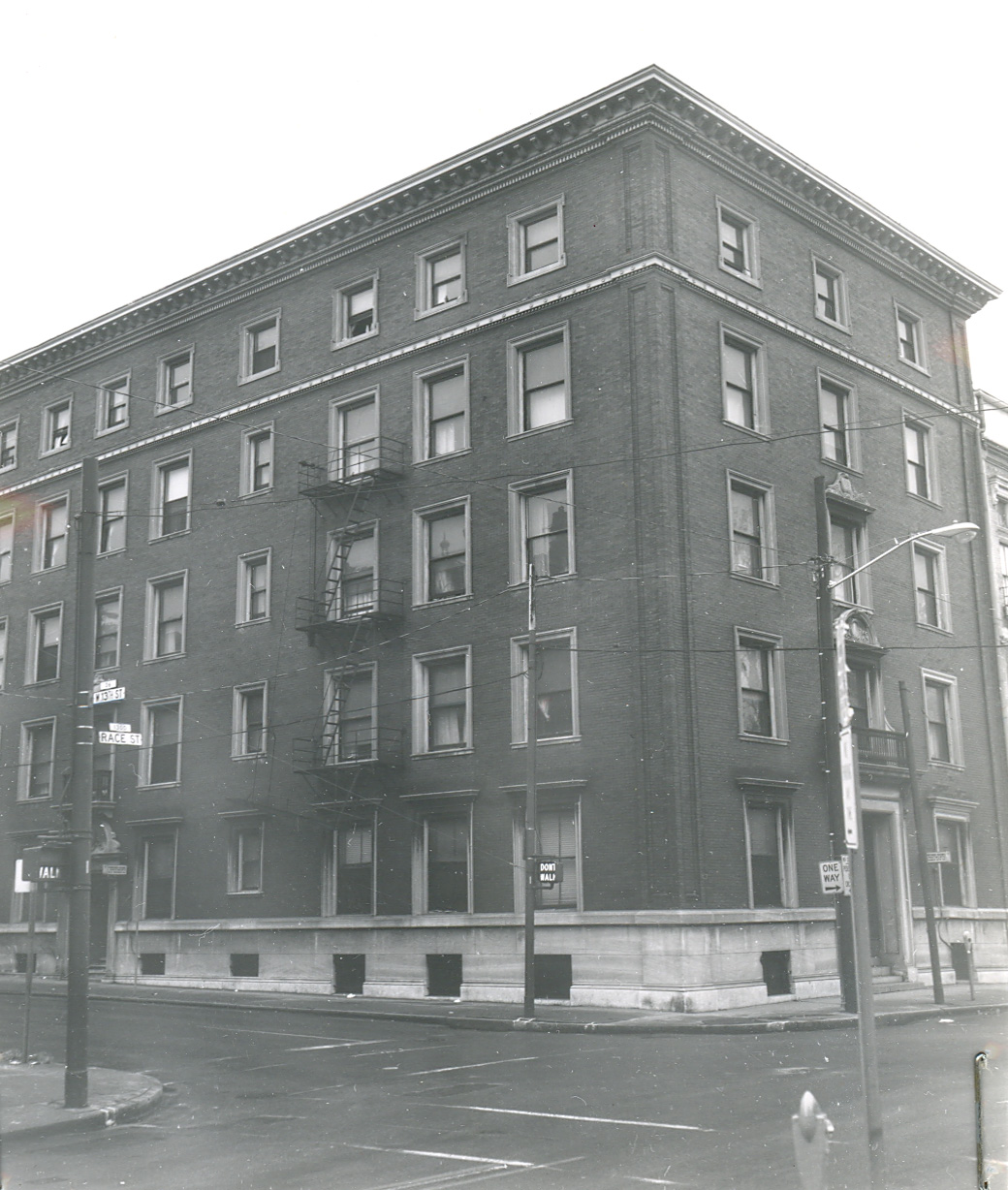 For thirteen months between February 1885 and February 1886, a tabloid publication in Cincinnati published a wide range of articles, cartoons, editorials, and stories that lampooned American life. No topic or person escaped the sharp wit of Sam the Scaramouch, and for the short time this weekly newspaper was in existence, its editors took on national tariffs, elections from Cincinnati to Washington, the temperance issue, urban sophisticates and country bumpkins, race and ethnicity, and, a growing national obsession with sports. Grover Cleveland was president. European colonization of Africa was in full force. The Statue of Liberty arrived in New York, and Ulysses S. Grant died. And, in many ways, Sam was like other newspapers around the country in covering these events, carrying local advertisements and notices, and publishing occasional doggerel and short fiction, and reflecting the “new” journalistic Realism. Continue reading
For thirteen months between February 1885 and February 1886, a tabloid publication in Cincinnati published a wide range of articles, cartoons, editorials, and stories that lampooned American life. No topic or person escaped the sharp wit of Sam the Scaramouch, and for the short time this weekly newspaper was in existence, its editors took on national tariffs, elections from Cincinnati to Washington, the temperance issue, urban sophisticates and country bumpkins, race and ethnicity, and, a growing national obsession with sports. Grover Cleveland was president. European colonization of Africa was in full force. The Statue of Liberty arrived in New York, and Ulysses S. Grant died. And, in many ways, Sam was like other newspapers around the country in covering these events, carrying local advertisements and notices, and publishing occasional doggerel and short fiction, and reflecting the “new” journalistic Realism. Continue reading
Tag Archives: Urban Studies
The Eugene Ruehlmann Papers Show the Dramatic Changes in Cincinnati in the 1960s
 The 1960s were a tumultuous time in American history, and the city of Cincinnati was not immune to the changes during this decade. Riots displayed the city’s difficult race relations, the Bengals brought professional football to the city, Riverfront Stadium was built and changed the layout of the riverfront, and the city of Cincinnati grappled with urban renewal. Each of these events is documented in the papers of Eugene Ruehlmann, which are housed in the Archives and Rare Books Library’s Urban Studies Collection. Continue reading
The 1960s were a tumultuous time in American history, and the city of Cincinnati was not immune to the changes during this decade. Riots displayed the city’s difficult race relations, the Bengals brought professional football to the city, Riverfront Stadium was built and changed the layout of the riverfront, and the city of Cincinnati grappled with urban renewal. Each of these events is documented in the papers of Eugene Ruehlmann, which are housed in the Archives and Rare Books Library’s Urban Studies Collection. Continue reading
Action Housing for Greater Cincinnati Records Fully Processed and Available for Research
The late 1960s saw a myriad of social reforms as part of the War on Poverty. Cincinnati was not immune to this movement, and among the many efforts to improve the plight of the poor in the city, was an attempt to increase the availability of safe and adequate housing for low-income individuals.
For this purpose, Action Housing for Greater Cincinnati was formed in September of 1968 by the Cincinnati City Council and local business interests. Although the organization only lasted until the early 1970s, Action Housing was responsible for building or rehabilitating approximately 1,700 living units for low income families in Cincinnati.
Camp Washington Chili in the Urban Studies Collection
 This past summer, Lilia Walsh, who is the 2009-2010 intern in the Archives & Rare Books Library, took an Honors Seminar at the University of Cincinnati entitled Envisioning the City. The focus of the course was how artists, writers, cartographers, photographers and others have visually portrayed cities from the 15th century to the present, using the holdings of ARB’s rare books collection and its Urban Studies Collection. One of the experiential assignments given to the students in the seminar involved the practice of “lurking.”
This past summer, Lilia Walsh, who is the 2009-2010 intern in the Archives & Rare Books Library, took an Honors Seminar at the University of Cincinnati entitled Envisioning the City. The focus of the course was how artists, writers, cartographers, photographers and others have visually portrayed cities from the 15th century to the present, using the holdings of ARB’s rare books collection and its Urban Studies Collection. One of the experiential assignments given to the students in the seminar involved the practice of “lurking.”

